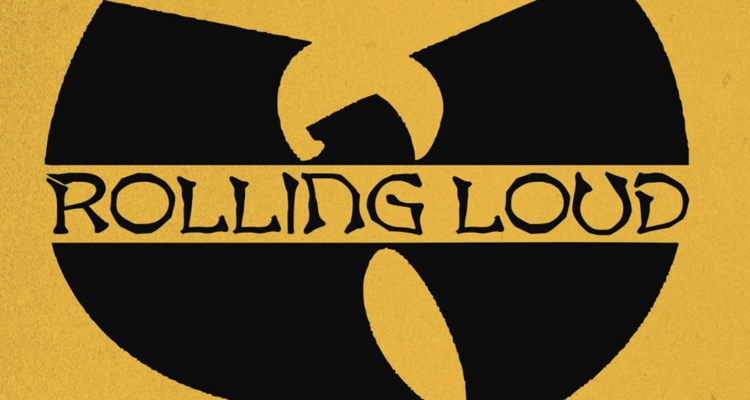The traveling hip-hop music festival Rolling Loud made a stop in New York City on Oct. 12-13, where big-time artists like Travis Scott and Meek Mill performed. What you may not have noticed is that five rappers who were on the original line up were not in attendance. This is because of a specific request from the New York City Police Department.
On Oct. 9, according to The New York Times, the NYPD sent a letter to the festival organizers asking that they remove artists 22Gz, Casanova, Pop Smoke, Sheff G and Don Q from the performing line up due to a public safety concern. The police department’s concern came from the rappers’ “recent acts of violence citywide,” which led them to believe that there would be a higher risk of violence at the festival if these artists were to perform, as The New York Times also reported. The Rolling Loud festival had “no choice but to comply,” according to a statement on Twitter from festival co-founder Tariq Cherif.
The police have every right to do this, especially in today’s world. Unfortunately, mass shootings and public violence have become far too common in our society, and the police should do everything they can to avoid any more tragic deaths. If the NYPD thinks even for a second that violence could occur due to these rappers performing, it is in everyone’s best interest that they do not take the stage.
I do, however, wish the police department explained their choice to ban these specific five rappers and their involvement in recent violence in New York City. The NYPD failed to give any reasoning behind banning these performers, leaving the public to speculate about each of their criminal pasts.
The New York Times reports that Casanova served prison time for robbery charges, and was named in a federal testimony by 6ix9ine as being a part of the Bloods gang and involved in a shooting between rival crews. 22GZ was charged with murder in 2017, but the charges were dropped once the police identified a different man as the killer. Pop Smoke, Sheff G and Don Q have all been involved in weapons charges with the police.
After discovering the criminal history of these rappers, I longed for an even more detailed explanation from the NYPD about why they banned the artists from performing. Any breaking of the law is a bad thing, but to me these crimes do not immediately seem like they make the rappers extremely dangerous and promoting of violence enough to be banned from performing. I’d like to know more on how the police department came to their decision.
Some of the rappers expressed confusion and frustration on social media. Casanova wrote on Instagram, “It’s unfair and unfortunate that my past, which I’ve dealt with legally and personally, continues to stigmatize me and my career as a recording artist.” Don Q claimed that the police have been misinformed, and stated, “I love my city and I [sic] never been in any gang activities or never had issues at any of my previous shows,” as reported by CBS News from Don Q’s since deleted Instagram post.
I can only imagine how difficult it must be to have your past mistakes follow you throughout your life, especially when you are in the public eye and the public won’t let you move on. In this case, these men’s past mistakes are keeping them from doing their jobs and what they love. But, a big responsibility comes with having a large platform or fanbase, and any violence or gangs that these rappers have been affiliated with, in a way, promotes that kind of lifestyle to their fans.
All in all, it is not the end of the world that these five artists out of many others in the line-up could not perform. Banning these rappers is a severe action that I trust the NYPD made for a good reason. In our world today, you can never be too careful to protect the public from violence, since mass shootings are so prevalent. It is unfortunate that these men are being judged on past behaviors that they feel they have resolved, but the police department must do everything in their power to keep the people of New York City safe.


Leave a Reply